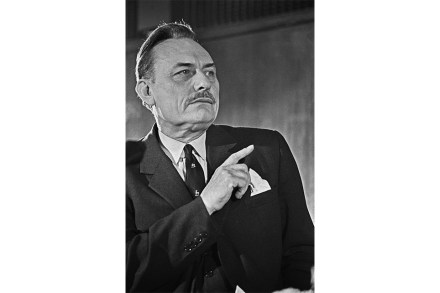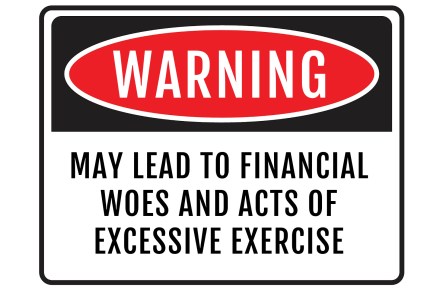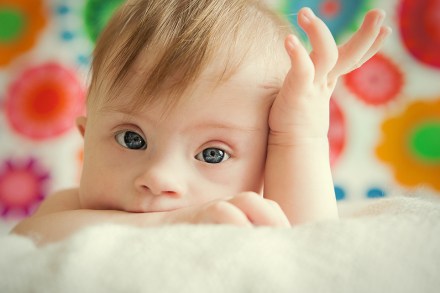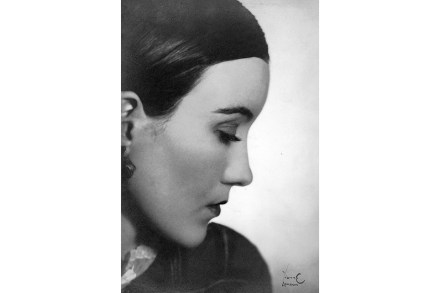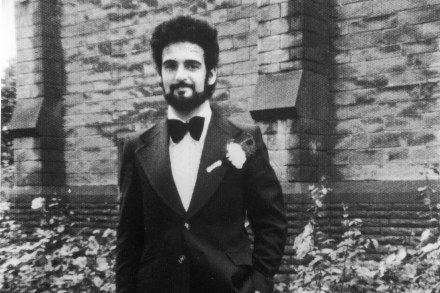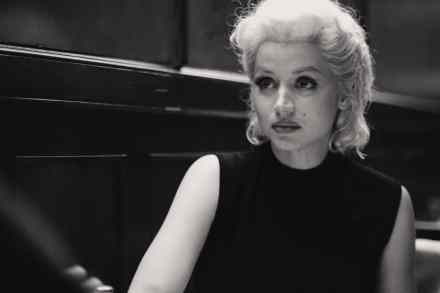The abortion debate is as old as time
Now that parliament has decided to decriminalise abortion, it is interesting to see what the ancients made of the matter. The question for them was, as for us – when did the foetus become ‘human’? The answer was when it developed a psukhê (‘soul’). Some Greek philosophers argued that the foetus was fully ‘ensouled’ from the moment of conception, and abortion was therefore wrong. Others asserted it was only ensouled at birth. The ‘gradualists’ thought the foetus took between 36 and 50 days to became human (active kicking was a good sign). Aristotle (d. 322 BC) argued that the embryo became human when it had developed four ‘capacities’ in the










